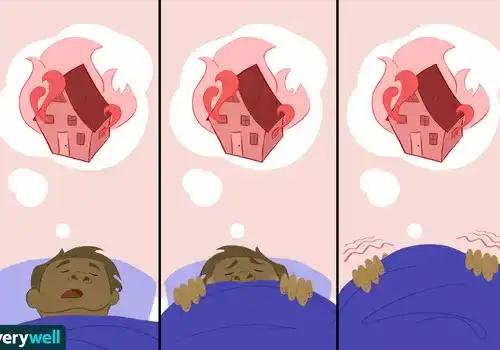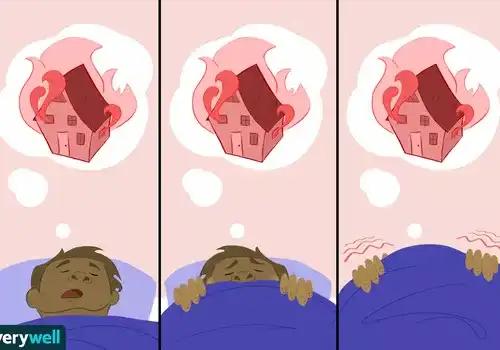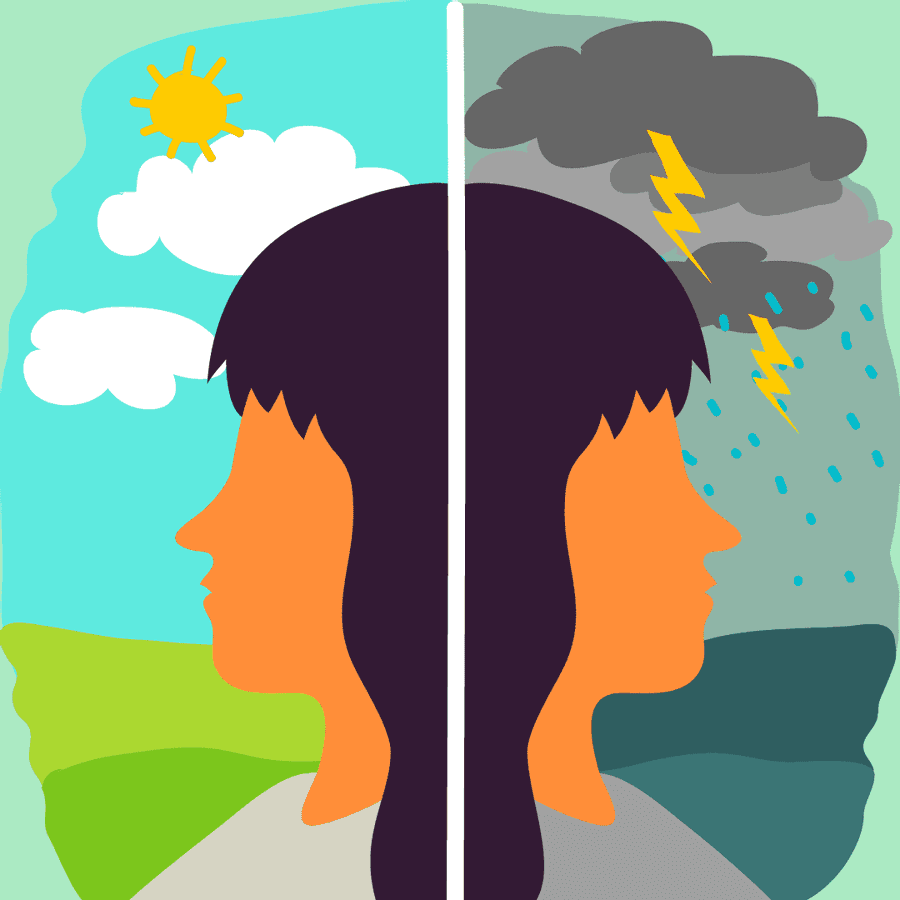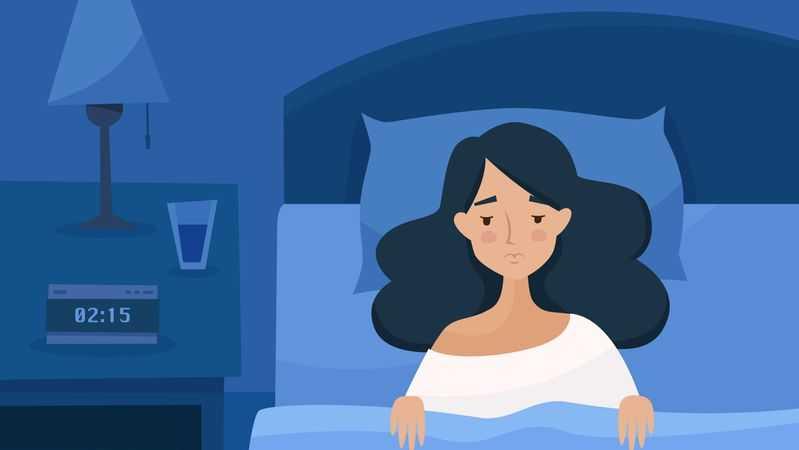Learn more about personaldevelopment with this collection
The history of fashion
The impact of fashion on society
The future of the fashion industry
Nightmares
When we think of nightmares, we often associate these bad dreams with kids who fear monsters under the bed or things that lurk in the dark. but adults often have nightmares too. And sometimes they are recurring
- A recurring nightmare is defined as an unpleasant dream that is repeated over and over again across a long period of time.
- Whatever type of recurring nightmare you might have, waking up terrified is an awful feeling.
- It can feel even scarier to fall asleep when you know you’re likely to have another nightmare.
Understanding your nightmares is the first step in addressing them
13
89 reads
Potential causes
While dreams have long fascinated people, little is still known about why we dream. And there is little consenus about wheter dreams have deeper meanings.
- Even less is known about nightmares. While some researchers think nightmares may stem from chemical imbalances in the brain, others believe they stem from deep-rooted issues or traumatic experiences. And still, some believe nightmares are simply a sign of vivid imagination.
So why would someone have a recurring nightmare?
There are a few potential reasons.
10
31 reads
"Unmet psychological needs"
Some reaseachers believe that recurrent nightmares stem from unmet psychological needs, such as autonomy, compentence, and relatedness.
- These unmet needs can lead to recurring dreams, and in some cases. curring nightmares as an effort at processing and integrating these experierences
11
31 reads
"Substances and medications"
Medication, drugs, and alcohol may interfere with brain chemicals and increase the likelihood of nightmares.
- Studies have found that sedatives, beta-blockers, and amphetamines are especially likely to cause nightmares. In some cases, withdrawing from substances can also lead to recurring nightmares.
11
21 reads
"PTSD"
Nightmares are one of the most common symptoms of PTSD.
- They often involve re-experiencing the same trauma that was endured in real life (although they may also seem unrelated to a specific real-life trauma as well).
12
22 reads
"Borderline personality disorder"
Borderline personality disorder is a mental health disorer that is characterized by self-image issues, difficulty managing emotions and behavior, and a pattern of unstable relationships.
- About 49% of individuals with borderline personality disorder report nightmares.
10
30 reads
"Nightmare disorder"
Some individuals with recurring nightmares may qualify for a diagnosis of "nightmare disorder" Nightmare disorder is a mental health condition that is characterized by:
- Recurrent episodes of well-remembered dreams that typically involve efforts to avoid threats to survival or physical integrity
- Rapid alertness upon waking from the nightmare
- Significant distress or impairment in social, occupational, or other areas of functioning
In order to meet the criteria for a diagnosis, the symptoms cannot be explained by a mood altering substance
14
20 reads
Common nightmare themes
While nightmares can be about anything, reaseachers have found that there are some common themes to nightmares.
- A 2018 study examined common nightmares in children. The researchers discovered that children’s nightmares often involved being chased, physical aggression, or the death or injury of a loved one.
- A 2014 study published in SLEEP found that adult nightmares are often similar. After analyzing more than 10,000 dreams, researchers found most nightmares involved physical aggression of some kind. Health issues, death, and threats were also common.
12
35 reads
The toll recurring nightmares can have on you
These are just a few difficulties you might experience as a result of recurrent nightmares.
- Link to suicide: A 2014 study found a link between recurring nightmares and suicide in war veterans. And a 2017 study found nightmares are associated with non-suicidal self-injury among college students.
- Sleep deprivation: What distinguishes nightmares from bad dreams is the fact that nightmares tend to wake people up. They also make it hard to fall back asleep which can lead to sleep deprivation.
- Low mood: Nightmares have also been associated with depression, anxiety, and other mood disturbances.
12
51 reads
Treatments
The treatment for recurring nightmares depends on the cause. sometimes, a few lifestyle changes can reduce them.
- At other times, medication changes may be necessary. A physician might be able to prescribe a medication that can decrease nightmares or change one that is contributing to them.
- Therapists often use exposure therapy to treat PTSD, and this could decrease recurring nightmares. Therapists may also use exposure therapy to adress nightmares directly.
- Different types of psychotherapy may be effective in reducing recurring nightmares as well.
10
23 reads
CURATED BY
I'm passionate about helping people live their best lives. I'm a lifestyle coach and fitness trainer, and I also write and take photographs. Check out the link below for more and follow me on twitter!
More like this
13 ideas
How To Lucid Dream: 5 Techniques, Benefits, and Cautions
healthline.com
1 idea
7 ideas
Why We Dream What We Dream
psychologytoday.com
Read & Learn
20x Faster
without
deepstash
with
deepstash
with
deepstash
Access to 200,000+ ideas
—
Access to the mobile app
—
Unlimited idea saving & library
—
—
Unlimited history
—
—
Unlimited listening to ideas
—
—
Downloading & offline access
—
—
Personalized recommendations
—
—
Supercharge your mind with one idea per day
Enter your email and spend 1 minute every day to learn something new.
I agree to receive email updates









